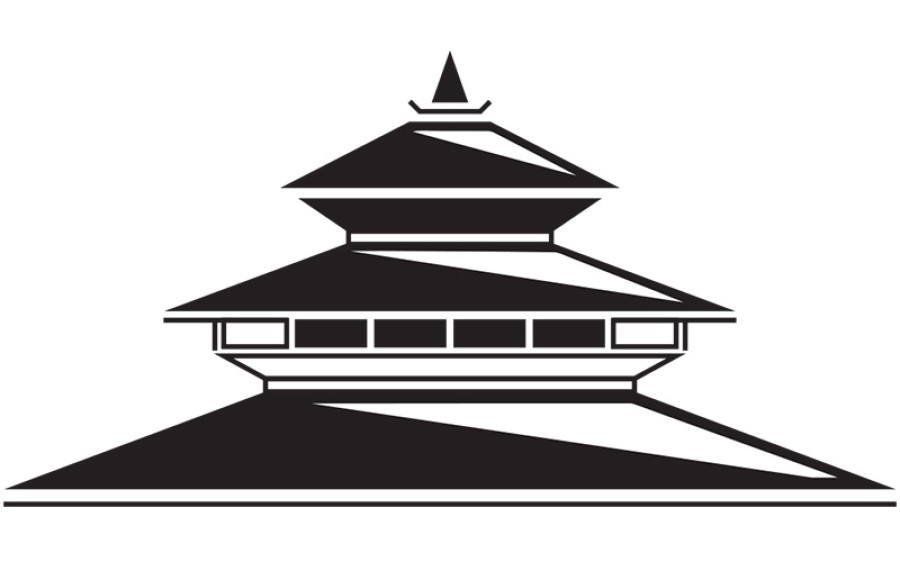Editorial
Medicine gets personal
Now that probe panel has fulfilled its mandate, it’s for govt to follow through
The medical sector in Nepal is beset with deep-seated and endemic corruption. This is a fact that all Nepalis are beginning to realise and it is this realisation that is fuelling a call for a total reform of the health sector. Dr Govinda KC, who first began his dogged fight through a non-violent means to bring about reforms in the corrupt medical sector as a lone crusader four years ago, is no longer fighting the good fight alone.
Now, students in medical colleges, young doctors, and common citizens have taken up the torch to demand reforms, pushing the government and political parties to address their grievances. And it seems that the government is listening, at least for now.
The Medical Education Probe Commission (MEPC), formed in April last year to investigate controversies related to medical education, submitted its final report to Prime Minister Deuba on Feb 4. The probe panel is led by former Special Court Chairman Gauri Bahadur Karki who is known for his bold verdicts on several high-profile corruption cases. And, judging from the MEPC’s recent report, it looks like it means business.
In the report, the MEPC has recommended that action be taken against as many as 43 officials for their “dubious” roles in granting affiliation to private medical schools. The MEPC has levelled charges against Tribhuvan University (TU) top brass, including Vice Chancellor Tirtha Raj Khaniya, Rector Sudha Tripati, and Registrar Dilli Ram Uprety. Action has been recommended against Nepal Medical Council (NMC) officials, including its former president Dr Damodar Gajurel and Dr Nilmani Upadhyay. It also recommends action against Lok Man Singh Karki, the disgraced former chief of the Commission for the Investigation of Abuse and Authority (CIAA). These names constitute only the beginning of a long list that is comprised of a number of heavy weights in medical education—all of whom have been found by the probe panel to have questionable roles in issuing affiliation to medical colleges.
The MEPC has recommended that these 43 officials be brought to book with charges that include immediate sacking, or disqualification for any future employment in government or semi-government bodies for periods of five, three, or two years, commensurate to their level of collusion.
Now that the probe panel has made a strong statement, it is time for the government to show its resolve. Dr KC has urged the government to make the MEPC report public and take action against the officials who have so contributed to the deterioration of the medical education sector. And this is a view that the public wholeheartedly support. The entire nation has been clamouring for reforms in the medical sector. If the government follows the recommendations made by the probe panel, it will represent a purge of the rampant ills that plague Nepal’s beleaguered medical education sector and give good cause for optimism.




 9.89°C Kathmandu
9.89°C Kathmandu














